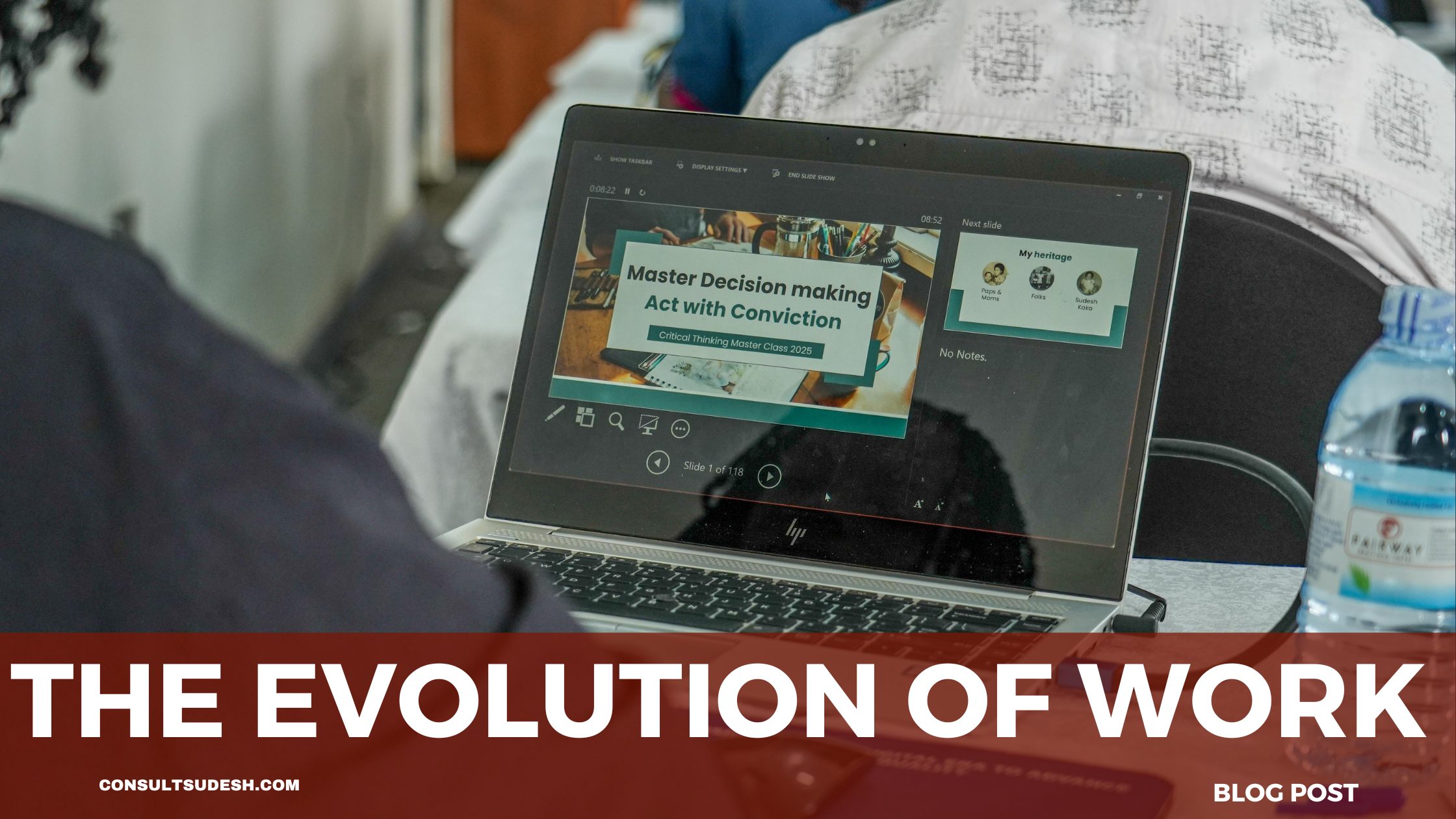Almost everyone does it: after years of schooling and a series of interviews, we finally settle into a habit of going to work. Mondays to Fridays spent in an office. The story of the five-day workweek is an interesting one, steeped in Babylonian and British history.
Early humans belonged to hunter-gatherer societies that relied on people filling in for different tasks to promote the larger community’s survival. Thus began the history of working for survival. This became especially important as society began to pivot to a form of currency. Barter and trade systems supported people who did specific tasks like blacksmiths, farmers, and hunters who would then trade the excesses of the fruits of their labour with other people. With the advent of currency, it soon became possible to exchange your labour for perceived value.
The concept of a ‘seven-day-week’ was started in Babylon, as the Babylonians believed that the number seven was so powerful that they planned their day around it. Their seven-day week spread to Egypt, Greece, and eventually to Rome, where it ultimately became firmly established as the norm across the world.
After the establishment of the seven-day workweek came the concept of the ‘weekend’, first recorded in 1879 in an English magazine called Notes and Queries: “In Staffordshire, if a person leaves home at the end of his week’s work on the Saturday afternoon to spend the evening of Saturday and the following Sunday with friends at a distance, he is said to be spending his weekend at So-and-So.”
Soon, people began to spend the last day of their week — Sunday- for enjoyment and not rest, as previously established by religious text. 19th-century Britons would drink, gamble, and enjoy themselves so much that the term “Saint Monday” soon came into widespread use, as workers would skip work to recover from Sunday’s partying. To stop this, English factory owners later compromised with workers by giving them a half-day on Saturday in exchange for guaranteed attendance at work on Monday.
Eventually, Saturday was soon changed from a half-day to a full day’s rest, with a New England mill becoming the first American factory to institute the five-day week in 1908.
They did so to accommodate Jewish workers, whose observance of a Saturday sabbath forced them to make up their work on Sundays. The mill granted these Jewish workers a two-day weekend, and other factories followed this example. The Great Depression cemented the two-day weekend into the economy, as shorter hours were considered a remedy to underemployment.
Eventually, as technology and humanity developed in tandem, the nature of work slowly changed to accommodate newer demands and practices. In the 1940s, during World War 2, there was a sudden rise in the first appearance of remote work — teleworking, in which many industries hired thousands of women to work from home using just their telephones. The development and ubiquity of the telephone also enabled Jack Niles, father of remote work, to first realise that he could avoid the iconic 1970s ‘gridlock’ traffic by just calling into important meetings. With the development of the internet, it soon became increasingly apparent that there were jobs that could be easily carried out from the comfort of the employee’s home. Roles like customer service and advertising were some of the first industries to see this change as industries worldwide soon started adopting different working styles aided by technology.
IBM (in USA) was one of the first companies to fully embrace the changes in the style of work. They first started in 1979 by installing terminals in the homes of five employees in order to allow them to work from home and ease the logjam in the office mainframe.
By 1983, about 2,000 IBM employees were working remotely. They soon realised that it could save millions by selling its signature buildings and establishing distance work. In 2009, an IBM report boasted that “40 percent of IBM’s 386,000 employees in 173 countries have no office at all.”
Despite this and technology quickly accelerating, worldwide adoption of remote work was still slow due to industries worrying about how it would impact employee productivity. However, the COVID-19 pandemic forced several industries across the world to consider ways in which they could adopt remote working styles in order to still be able to function. Even after people could return to work, remote work still stuck around in many companies either in full or as a method to supplement the normal working week (through a hybrid set-up).
Work, as we know it, has been an evolving and shifting concept since jobs first became a mainstay of the human experience. Technology has further pushed this evolution, such that we can only study the past to predict what the future holds. Moving forward, jobs won’t be affiliated to companies and Corporations. They will be about who can deliver value and sell it.








